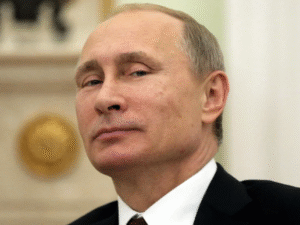$SPY $EFA $QQQ
#G7 #MiddleEast #Iran #geopolitics #worldpolitics #globalconflict #diplomacy #internationalrelations
## G7 Leaders Call Out Iran Amidst Middle East Tensions
In a recent gathering, the G7 leaders positioned Iran as the major catalyst for instability and terror in the Middle East, advocating for measures to de-escalate the ongoing tensions. This stance forms a critical part of this week’s g7 news, underscoring a unified push against actions perceived as destabilizing by Iran.
## Escalation and International Response
The summit highlighted Iran’s involvement in various regional conflicts as detrimental, urging the nation to reconsider its approach to international relations. Consequently, the G7’s declaration serves both as a diplomatic signal and a call to action for broader international cooperation to stabilize the region.
## Economic Implications
The geopolitical strife involving Iran has palpable implications for global markets. Investors and policymakers are keenly observing the situation, given its potential to impact international trade routes and oil prices. For those tracking the economic fallout, a broad analysis is available on financial markets.
## Looking Forward: Diplomacy and Stability
Moving forward, the G7 aims to foster diplomatic engagements, hoping that Iran will pivot towards more stabilizing regional activities. Such developments are crucial for the stability of not only the Middle East but also the global geopolitical climate, which directly feeds into economic stability worldwide.
In conclusion, the G7 summit’s focus on Iran’s role in regional unrest underscores the intricate web of diplomacy, international relations, and economic impacts. As the situation evolves, the international community remains alert to the implications of these tensions on global stability.











Comments are closed.